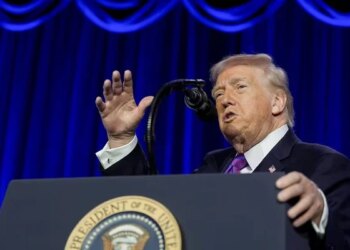Select Language:
FAW Bestune, a sedan brand spun off from a major Chinese automotive group five years ago, has successfully closed an funding round totaling 8.5 billion yuan (approximately $1.2 billion). The company was primarily led by its parent corporation, which invested 5.2 billion yuan. An existing investor also contributed 1.7 billion yuan. Additional investments came from a large state-owned bank, a major telecommunications firm, and an intelligent driving technology company, injecting 1 billion yuan, 500 million yuan (about $70 million), and 100 million yuan, respectively.
This funding has increased the investor’s ownership stake from 2% to 11.4%, while the parent company’s share was reduced from 98% to 79%. The telecom operator, bank, and tech firm now hold approximately 3%, 6%, and 0.6% of Bestune.
The company plans to deploy the new capital mainly towards developing new energy technologies, upgrading intelligent manufacturing capabilities, and expanding its sales channels. Bestune, established in 2006, was once a leading brand in China’s auto market but has faced challenges against competitors in recent years. In 2019, the parent company restructured its sedan division by spinning off Bestune into an independent subsidiary, with intentions to attract external investors to boost competitiveness.
Earlier this year, Bestune received its first significant investment of 166.3 million yuan from a Jiangsu-based company that is also a joint venture partner of South Korea’s Kia Motors in China. That partnership saw Kia’s China sales increase by nearly 50% last year.
Last month, Bestune and the Jiangsu-based investor announced a strategic partnership covering equity investment, manufacturing, supply chain management, research and development, and services.
Since becoming independent, Bestune has struggled financially, recording a net loss of 4.3 billion yuan last year—an increase of 47% from the previous year. Nevertheless, thanks to a focus on electrification, sales reached a decade-high of 151,000 units last year, with new energy vehicle sales skyrocketing 214% to 83,000 units.






